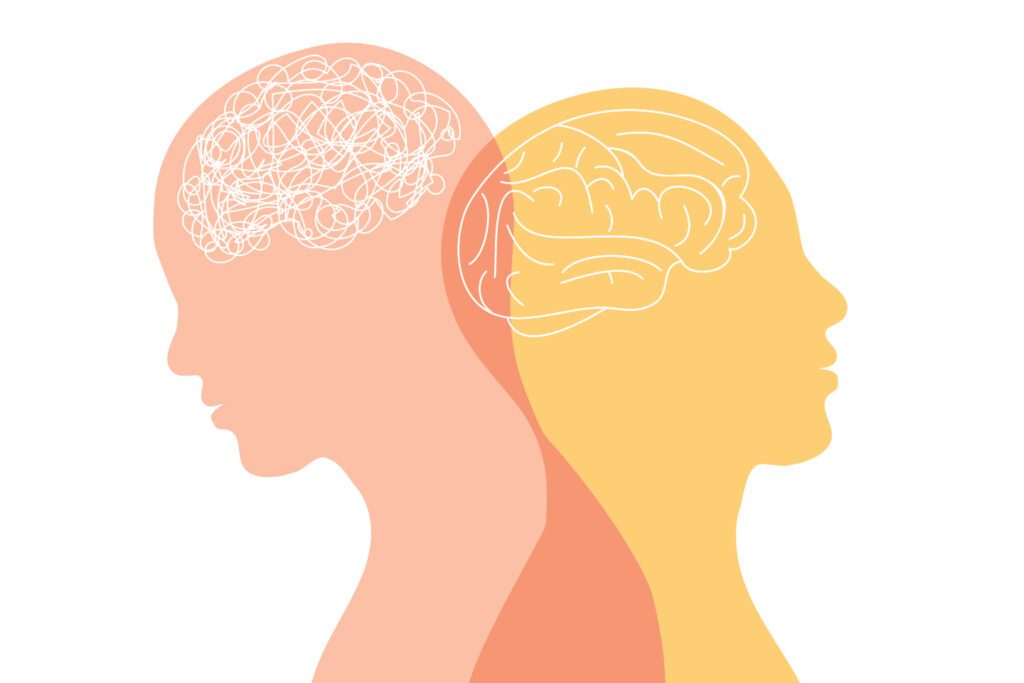Burnout and declining mental health is becoming more and more prevalent in the United States at a troubling pace.
In 2019, the National Institute of Mental Health reported that nearly 51.1 million U.S. adults live with a mental illness. In 2020, that number increased to 52.9 million. Unfortunately, stigmas surrounding mental healthcare prevent many from getting the help they need. Additionally, professional mental healthcare often requires time and money that the average American doesn’t have.
While we can’t solve all of society’s healthcare shortcomings in one article, we can shine a light on the mental health benefits of self-care and taking time to disengage from stressors you may be experiencing in your day-to-day life. We’re talking about a mental health day – a cost-flexible, totally customizable day off from work geared toward stress relief and burnout prevention. Here, with professional insights from Dr. Marie Beasley, a psychiatrist from Riverview Psychiatry, we’ll discuss the benefits of taking a mental health day, warning signs that it might be time to put one on your calendar, and tips for planning a guilt-free day that’s sure to leave you feeling recharged.
Benefits of Taking a Mental Health Day
For anyone struggling with feelings of burnout or overwhelm, a mental health day can provide a much-needed opportunity to pause and regroup. Days like this are vital to our overall wellness, and research has shown they contribute to increased productivity, efficiency, and happiness. “Taking a mental health day can reduce anxiety and improve your mood, sleep health, workplace satisfaction, and relationships,” says Dr. Beasley. A singular day dedicated to your mental and emotional well-being is not a cure for mental illness, but a mental health day can help you to get a handle on emotions, reset your perspective, and take a step back to evaluate areas in your life that could be causative of larger mental health issues.
Signs That It’s Time for You to Take a Mental Health Day
All of these mental health day perks are likely to appeal to the masses – rest, relaxation, self-care – but how do you know if you’re in need of a day like this? Here are some key signs that it’s time to put a day off on the calendar.
- You’re exhausted and having trouble sleeping.
- You’re experiencing an increase in anxious thoughts and feelings.
- Your focus has been off at work and at home.
- You’re experiencing feelings of sadness and depression.
- You are very easily agitated.


How to Take a Mental Health Day
Everyone’s mental health day itinerary will look a little different. When her patients are planning a day for themselves, Dr. Beasley encourages them to start by considering what activities would feel most relaxing and re-energizing. “For some people, it may involve spending the entire day with people they love, being social, and filling their day with fun things,” says Dr. Beasley. “For others, it might mean disengaging and going on a solo hike or sleeping in and spending all day at home listening to music.” The most important concept of a mental health day, Dr. Beasley says, is disengagement from work and a firm focus on recovery.
It’s important to note that mental health day activities do not have to be expensive. We often associate the term “self-care” with pricey luxuries like a spa day or shopping spree. While these activities are sure to be enjoyable, your mental health may benefit most from a day of checking items off of that to-do list you haven’t had time to work on. Prioritize what your mind and body need most, not what society markets as “self-care.”
Squash the Mental Health Day Guilt
When requesting time off for a mental health day, people are often met with feelings of guilt. “I encourage people to let go of shame around taking time to care for the spiritual and emotional self,” Dr. Beasley says. “It’s crucial for all of us to rest and heal during periods of increased stress.”
Putting your mental health day on the calendar with plenty of advanced notice may help to allay some of those feelings of guilt. Depending on your workplace leave policies, asking for a mental health day can be as simple as requesting a sick day or a personal day. Remember that you are not obligated to over-explain yourself. If taking a whole day off is out of the question, just a few hours can help too. The key is to be intentional with the time that you have and commit to unplugging from work or other stressors.
“We still have a long way to go in improving general societal attitudes toward mental health,” says Dr. Beasley, but making time to focus on your mental wellness is a tremendously healthy and restorative practice that can only lead to a more fulfilling, productive, and positive work-life dynamic.

